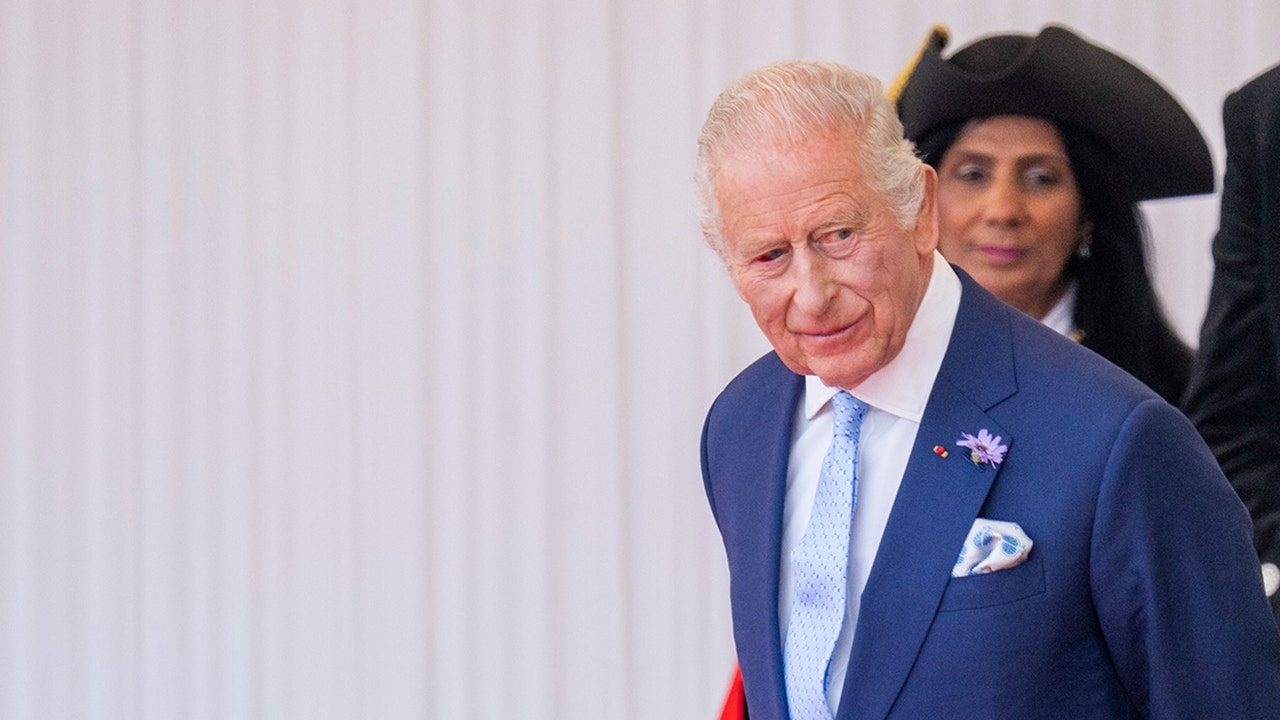Alarming Decline in Child Health: US Pediatricians Sound the Warning

The United States is facing a growing crisis in child health, according to a stark warning issued by leading pediatricians. Recent data reveals a concerning trend of declining well-being among children, impacting everything from mental health and chronic illnesses to developmental milestones. This isn't a new issue, but the current convergence of factors – including the lingering effects of the COVID-19 pandemic, social media's influence, and economic pressures – has exacerbated the problem, demanding urgent attention and systemic change.
The Scope of the Problem
The statistics paint a troubling picture. Rates of childhood obesity, anxiety, and depression are steadily climbing. Emergency room visits for mental health crises among children and adolescents have surged, overwhelming healthcare systems. Furthermore, there's a noticeable increase in chronic conditions like asthma and allergies, alongside developmental delays impacting learning and social skills. These issues disproportionately affect children from marginalized communities, highlighting existing health inequities.
COVID-19's Lasting Impact
While the acute phase of the COVID-19 pandemic may be behind us, its repercussions on child health are far from over. School closures, social isolation, and disruptions to routines have taken a significant toll on children's mental and emotional well-being. The pandemic also exacerbated existing inequalities, as families struggled with job loss, food insecurity, and limited access to healthcare.
The Role of Social Media and Technology
The rise of social media and constant exposure to technology also contribute to the decline in child health. Excessive screen time has been linked to sleep disturbances, attention problems, and increased risk of cyberbullying. The curated and often unrealistic portrayals of life on social media can fuel feelings of inadequacy and anxiety, particularly among adolescents.
Beyond Protection: A Call to Action
As pediatrician Dr. Christopher Forrest emphasizes, retreating into our homes to “protect” our children isn’t the answer. “This isn’t a time for isolation; it's a time for engagement and proactive intervention,” he told Newsweek. Instead, we need to foster supportive environments where children feel safe, connected, and empowered to seek help when needed.
What Needs to Be Done?
- Increased Access to Mental Healthcare: Expanding access to affordable and quality mental health services for children and adolescents is paramount.
- Promoting Healthy Lifestyles: Encouraging physical activity, nutritious diets, and limiting screen time can significantly improve children's physical and mental health.
- Addressing Social Determinants of Health: Tackling poverty, food insecurity, and lack of access to education and healthcare is crucial for creating equitable opportunities for all children.
- Parental and Community Support: Providing resources and support for parents and caregivers can help them navigate the challenges of raising children in today's complex world.
- School-Based Interventions: Integrating mental health and wellness programs into schools can reach a wide range of children and provide early intervention services.
The crisis in child health is a complex challenge that requires a multifaceted approach. By working together – healthcare professionals, educators, policymakers, and families – we can create a healthier and brighter future for our children.






